The Guide / Barcelona
Culture
City of music
Always adventurous, Barcelona’s live scene is loud and proud.
Barcelona takes pride in being a musical city and it has plenty to sing about. The city’s Guitar BCN festival has strummed through every spring since 1990. The high-profile Primavera Sound and electronic-focused Sónar both lift the tempo and draw in the masses in late May and June respectively and are now globally recognised brands. With their help, Barcelona’s soundtrack is charged and ever-changing.
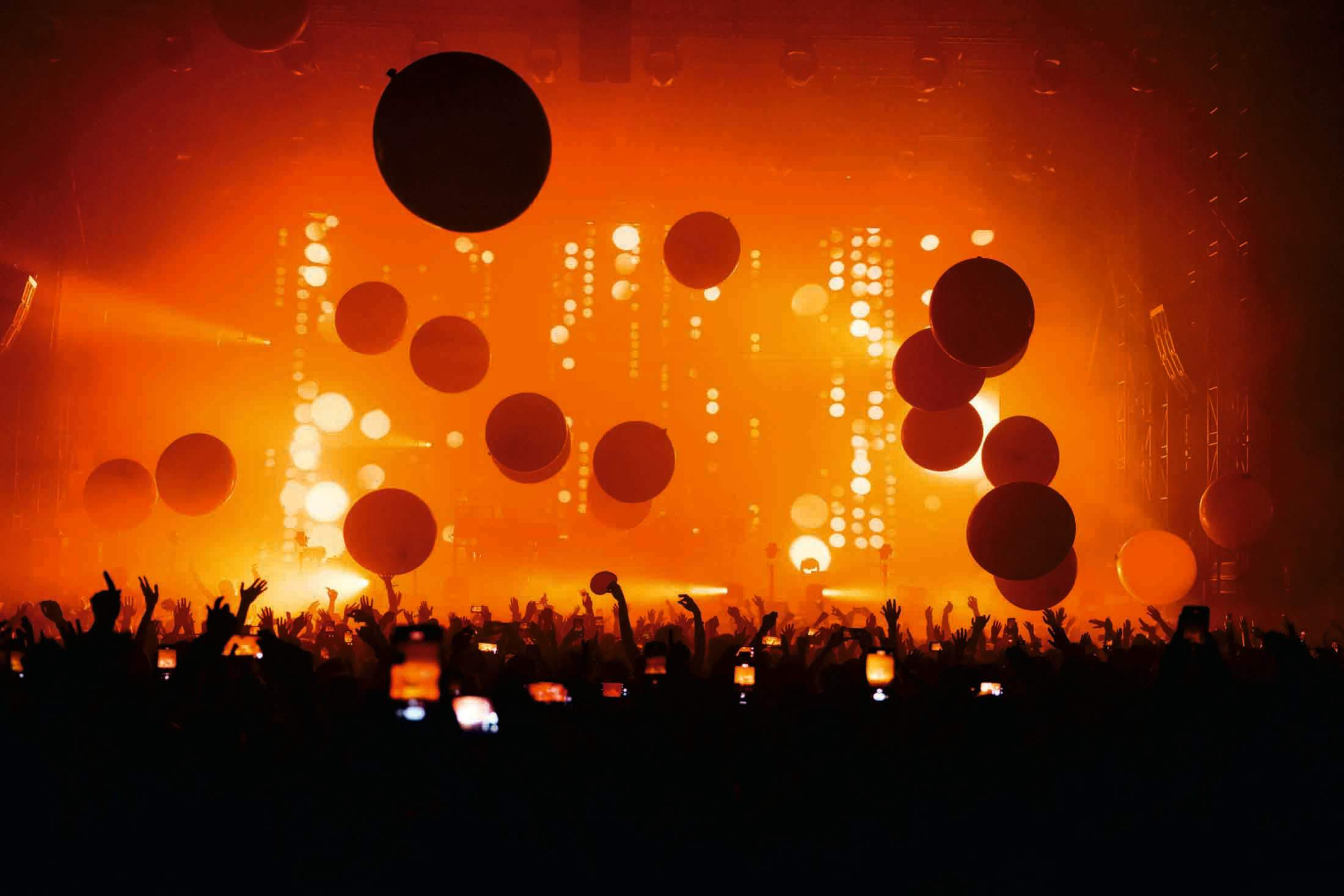
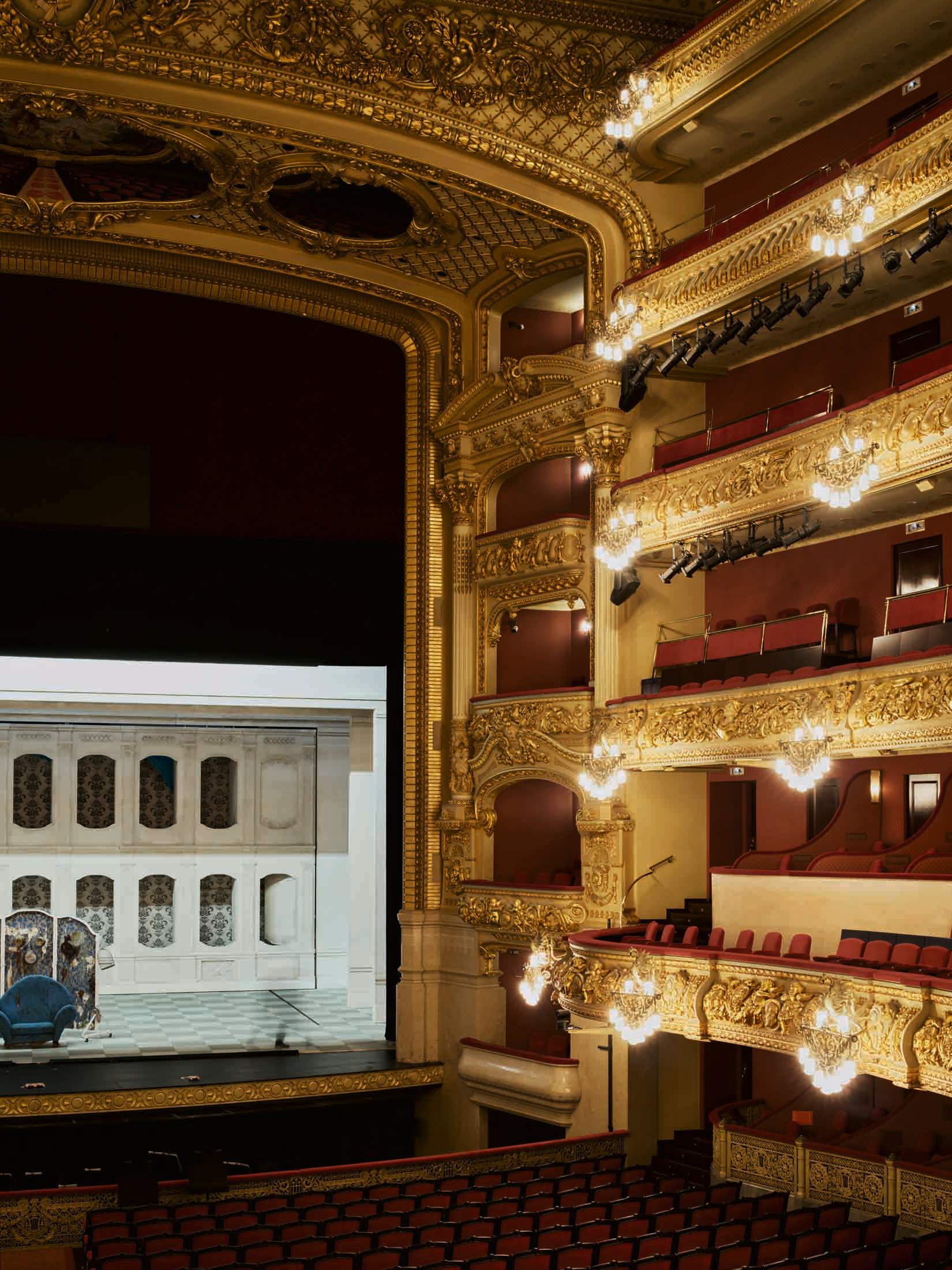
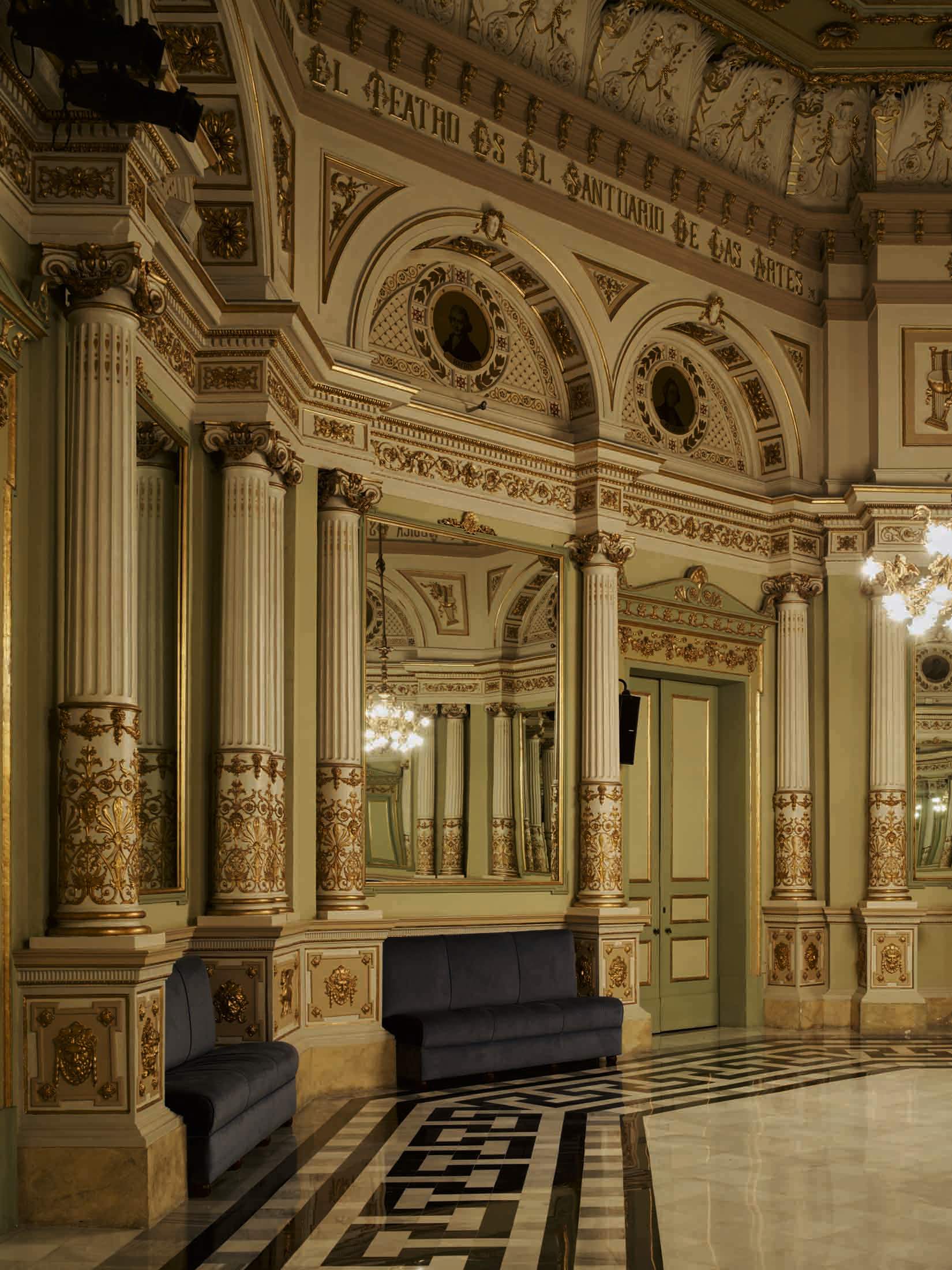
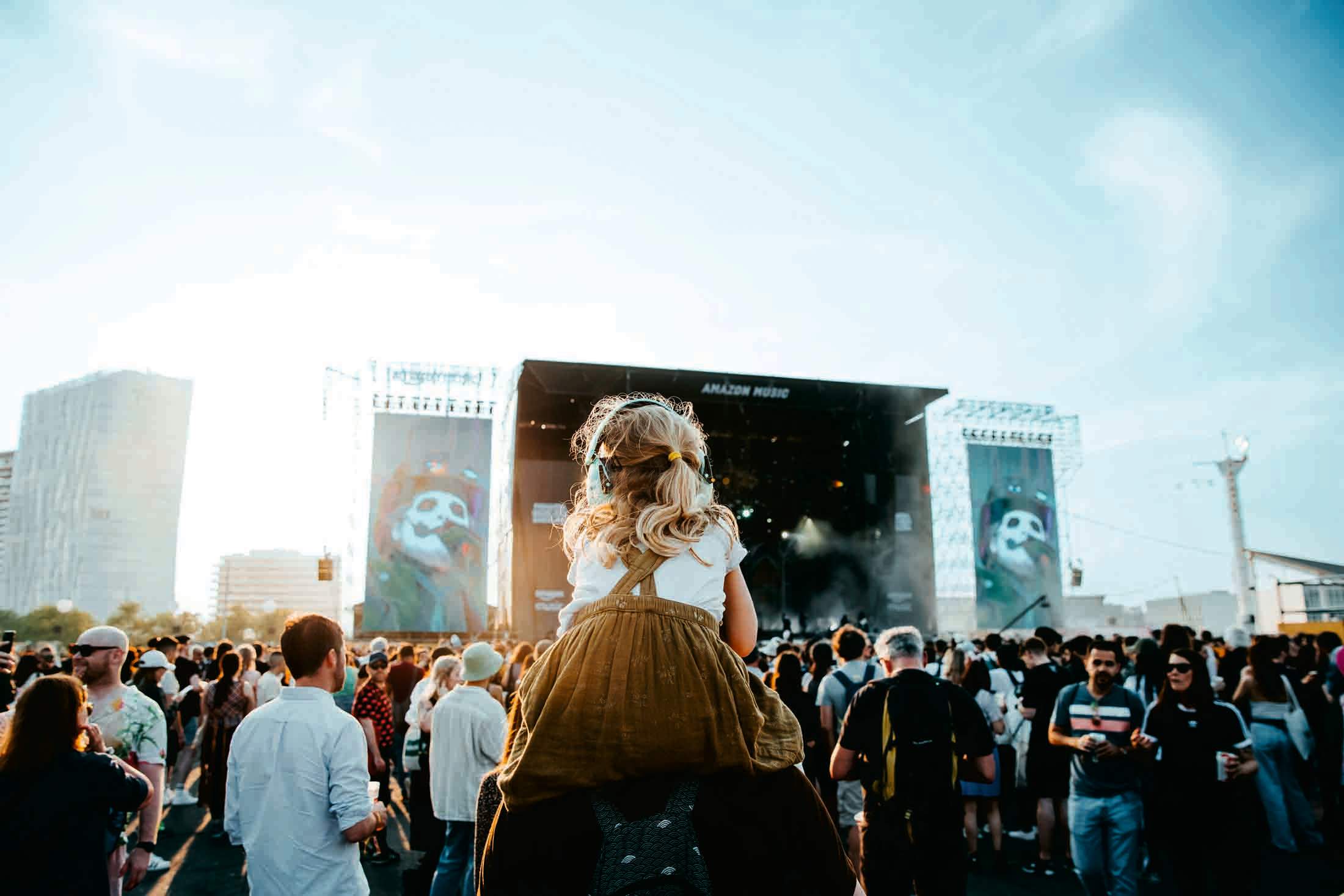
Then there’s Gran Teatre del Liceu, which has always been a forum that mixes resilience with revelry. First opened in 1837, it expanded into a larger venue on La Rambla a decade later and has managed to overcome setbacks ranging from devastating fires and wars to anarchists and financial strain. But the show has always gone on and the Liceu’s more adventurous recent programming has included a Bob Dylan concert in 2023 and a run of Marina Abramovic’s 7 Deaths of Maria Callas. This year, to coincide with the America’s Cup, Venezuelan conductor Gustavo Dudamel will direct the Liceu’s orchestra in a series of classical music concerts staged at Sant Sebastià beach. El Liceu is part of the Barcelona Obertura initiative, which, together positions the city’s polyphonic music productions as a unified proposition.
Barcelona’s most celebrated singer-songwriter, Rosalía, recently announced an ambitious recording studio project is currently underway in the post-industrial district of l’Hospitalet de Llobregat. Enlisting renowned studio Architecture G to transform a former office building into a world-class facility, Rosalía joins an ever-expanding community of artists who have also been reimagining this part of the city. By embracing music as a transversal part of culture, Barcelona continues to hit the high notes.
Biblioteca Gabriel García Márquez
Sant Martí residents are fiercely proud of this award-winning library – and now it’s attracting readers from across the world.
Good libraries are like public living rooms: quiet spaces to read and learn but also places to meet and discuss ideas. Residents of Barcelona’s Sant Martí neighbourhood had long demanded a decent library – and the Biblioteca Gabriel García Márquez, designed by Suma Arquitectura, exceeded all expectations. The building, Barcelona’s first made of wood, won the Mies van der Rohe Award for Emerging Architecture and was also named “best library in the world” by the International Federation of Library Associations and Institutions. “This was very important because it’s the first library in Spain and southern Europe to win,” says director Neus Castellano. “The prize is usually reserved for libraries in northern Europe or Asia.”

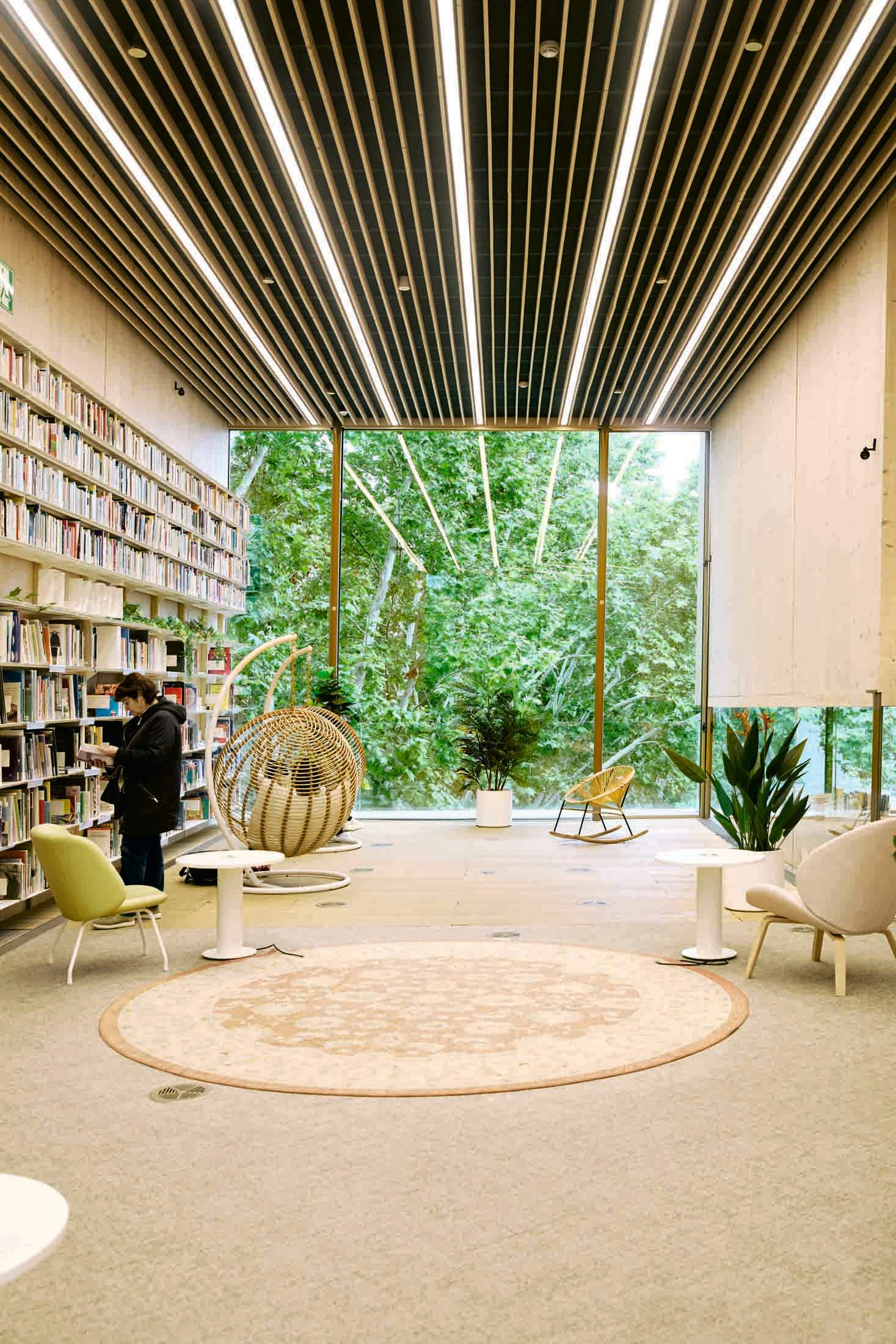
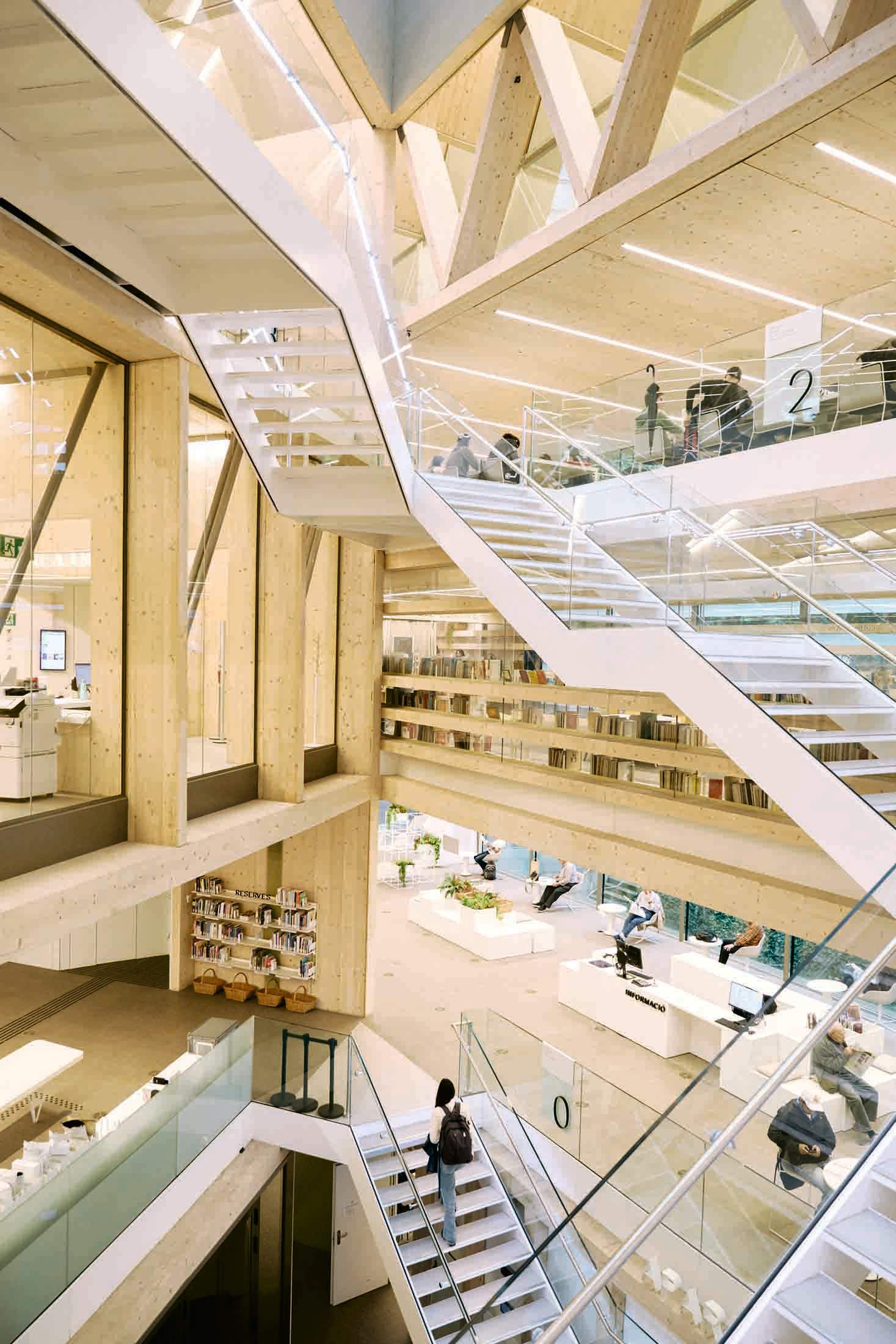
As Spain’s publishing capital, Barcelona has long been a magnet for Latin American authors such as Gabriel García Márquez and Mario Vargas Llosa, who add fresh perspectives to a city that loves to turn a new page. Next year, a formidable delegation of local writers will convey this spirit as Barcelona becomes guest city at the Guadalajara International Book Fair. This cross-borders literary dialogue continues at Biblioteca Gabriel García Márquez, which has become a tourist destination. “The building has won awards for its beauty but also because of its location,” says Castellano. “Sant Martí isn’t a postcard neighbourhood so the library is something that residents are very proud of.”
219 Carrer del Treball, Sant Martí, 08020
Llibreria Finestres
From cult titles to inviting places to read them, this bookshop prioritises its fine selection and customer comfort over making its cash registers ring.
Sprawling across two ornate modernist buildings in the heart of the bustling Eixample district, Llibreria Finestres stocks everything from Japanese poetry to graphic novels by local artists. For the team putting together the bookshop’s catalogue, it’s important to have a comprehensive range that includes cult hits and staff favourites alongside familiar classics and the hottest new titles.
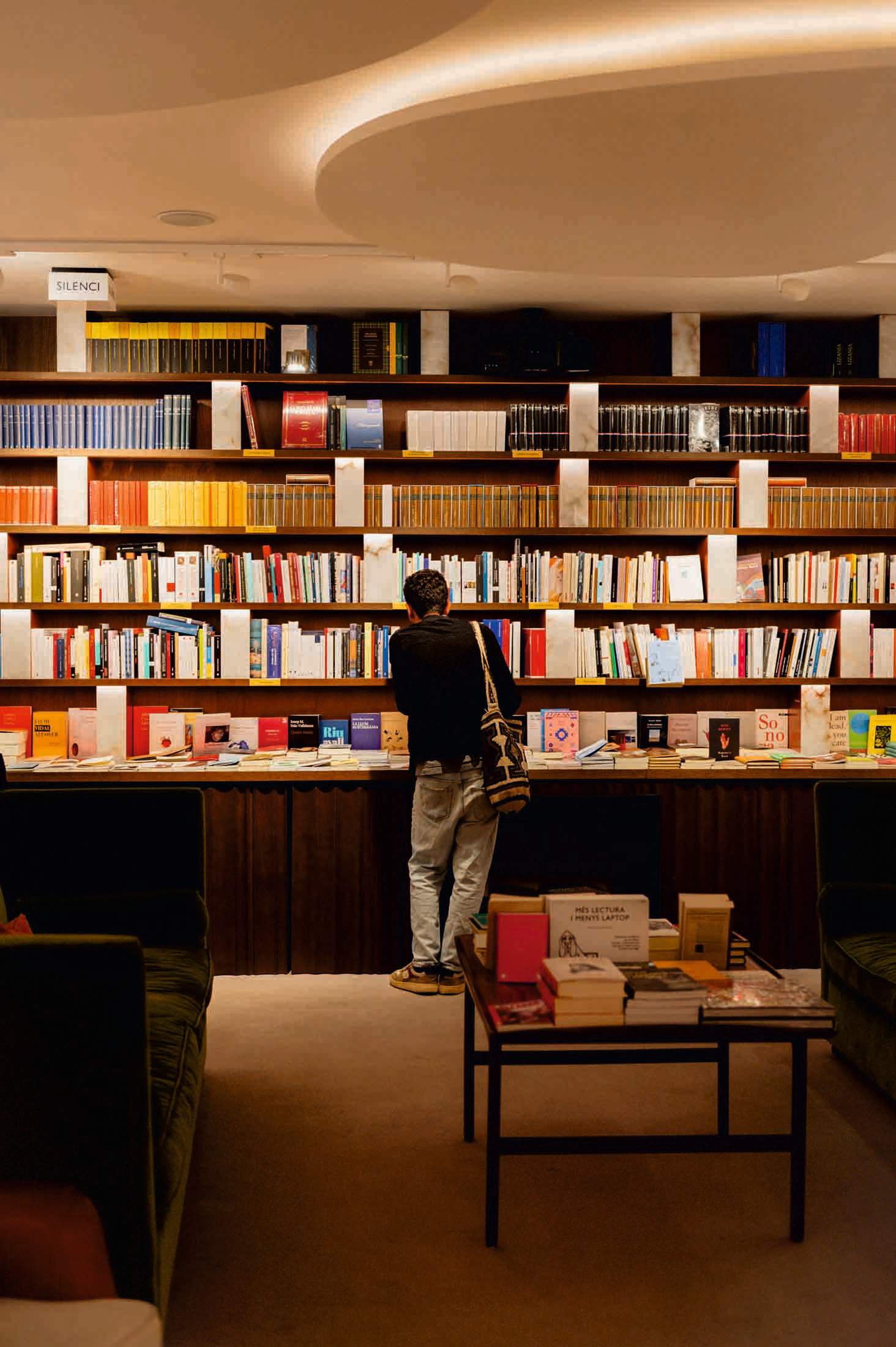
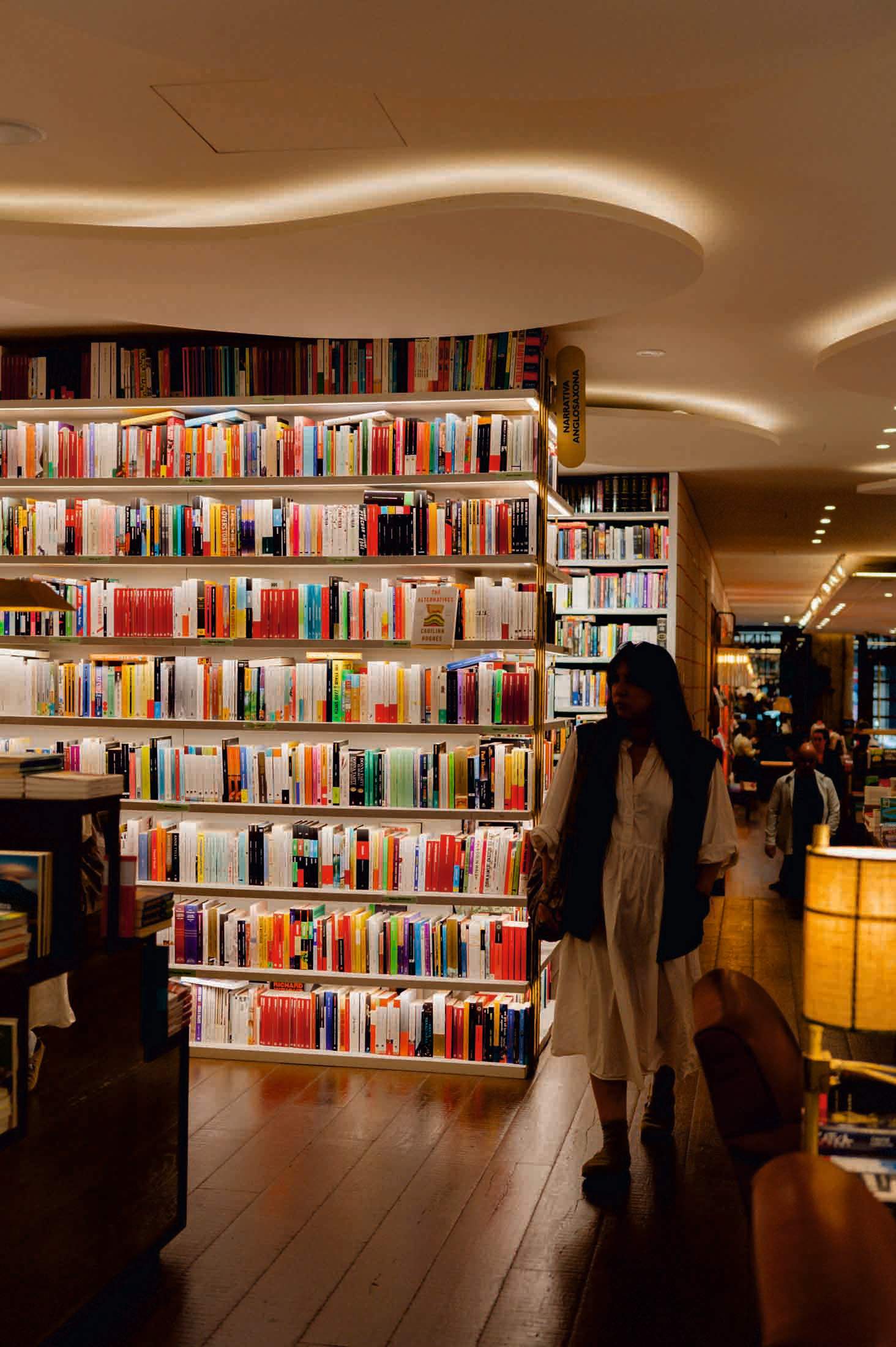
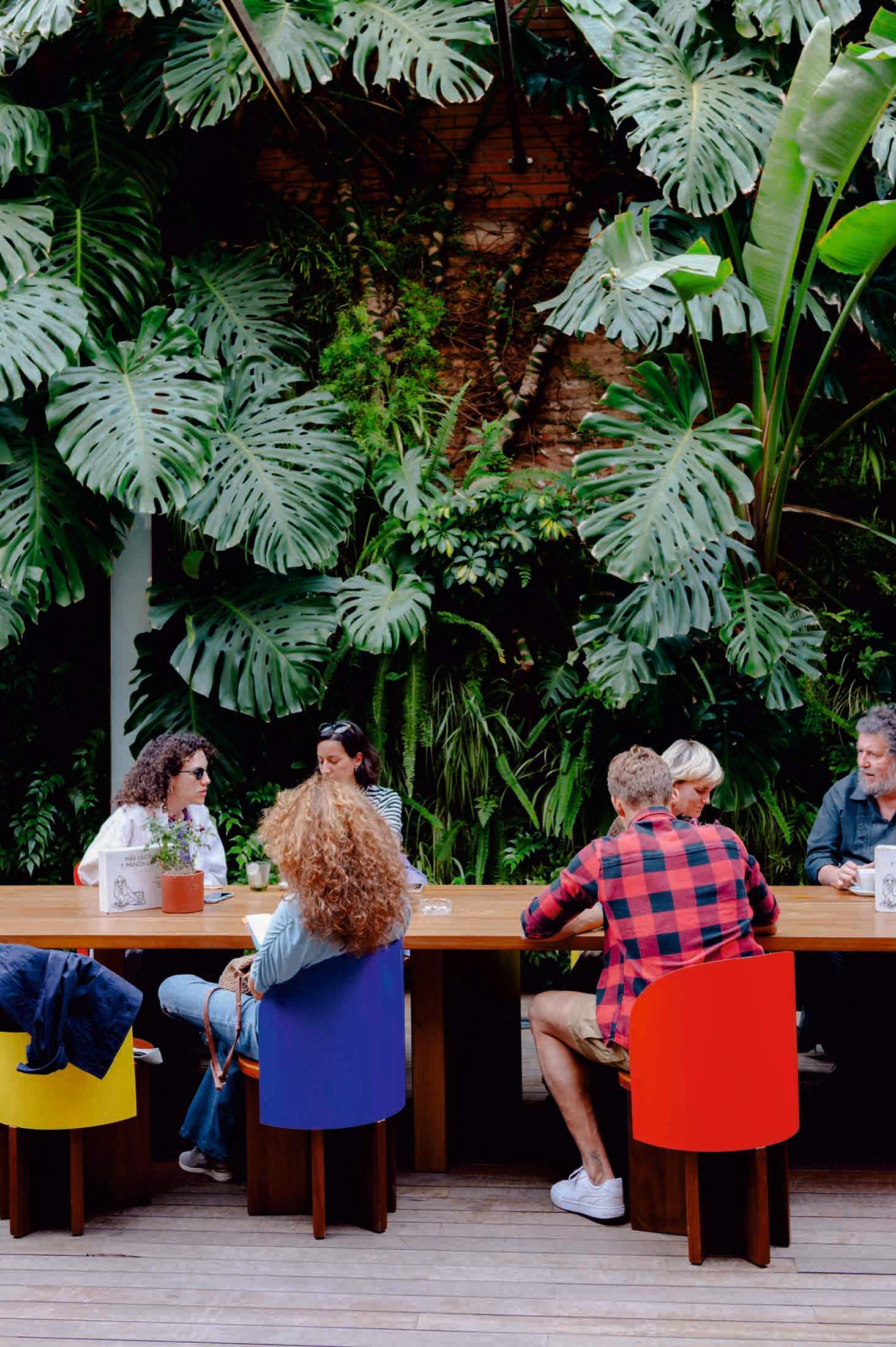
“Everyone working here has their own speciality, from politics to science fiction,” says Llibreria Finestres head buyer Mireya Valencia. “We ask them to help put together a strong range with all of the books that they think are important, even if they don’t sell.”
For founder Sergi Ferrer-Salat, it is equally important that the shop is much more than simply a place to buy books. It fosters emerging talent with various prizes for authors from across the Spanish-speaking world and recently launched a publishing arm to support Catalan writers. Its events programme brings together the city’s literary community with talks and readings from visiting authors, as well as live music and poetry evenings in the café and wine bar.
Llibreria Finestres’s interiors were designed by Barcelona studio Quintana Partners. Richly illuminated shelves line the walls, while dark wooden flooring is complemented by spots of deep purple and vivid orange paint. There are also plush green-velvet sofas on which visitors are encouraged to kick back with a book. Named the Diogenes Club, this area takes its name from the fictional gentlemen’s club featured in Sherlock Holmes stories, where speaking was strictly forbidden. Arthur Conan Doyle would certainly approve.
llibreriafinestres.com


